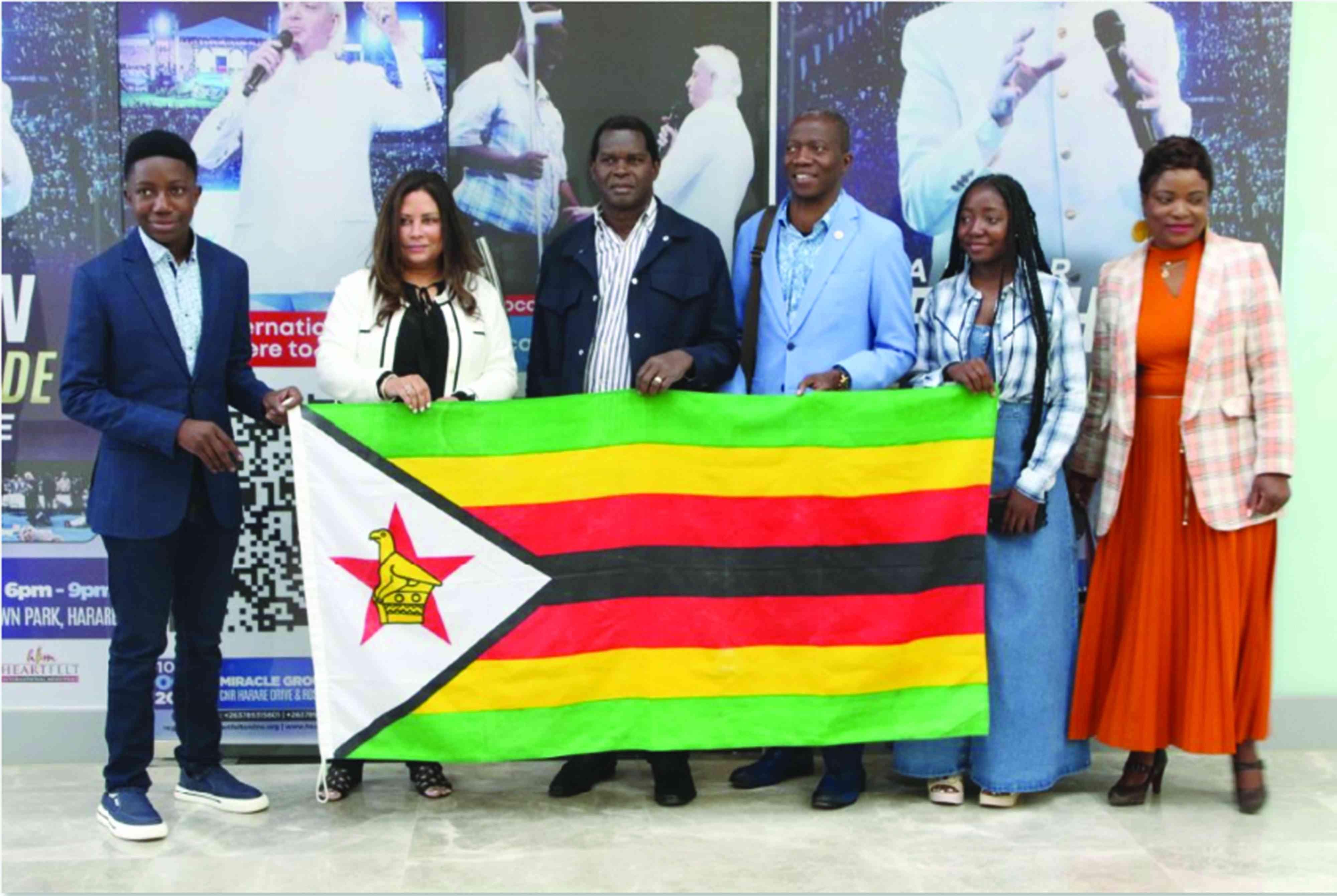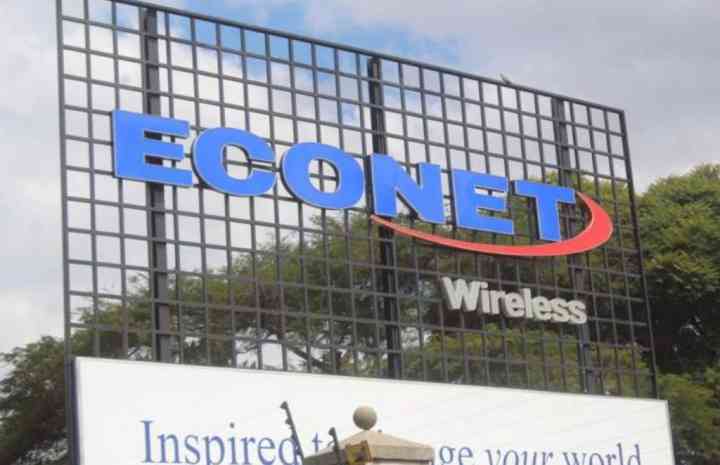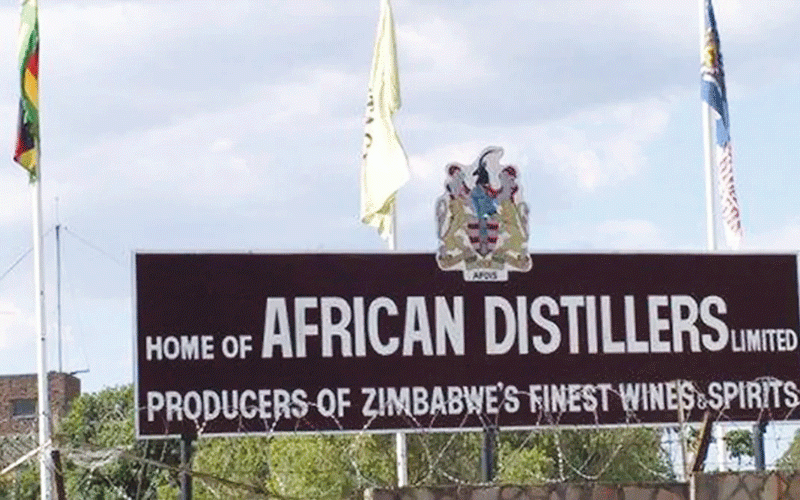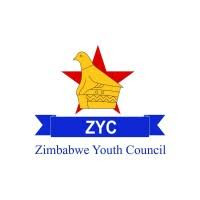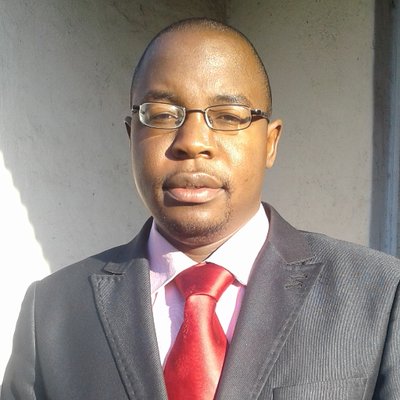
Rwanda is a small and landlocked country in East Africa. The country has a total area of 26 338km2 (half the size of Midlands in Zimbabwe).
By VICTOR BHOROMA
It borders the natural rich Democratic Republic of Congo, trade hub Tanzania, Burundi and Uganda.
It is hilly and fertile with a densely packed population of about 11,5 million people (United Nations 2016).
Over 80% of the population lives in the rural areas and depends on agriculture, which contributes 33% of the country’s gross domestic product (GDP).
The country is widely associated with ethnic clashes and the genocide, which claimed over one million lives in 1994.
From the economic rubble of that genocide, Rwanda has transformed itself to be one of the best performing countries in Africa and second best country to do business in Africa in the last 20 years.
Rwanda is experiencing rapid and inclusive economic growth driven by credible economic policies and political stability.
- Chamisa under fire over US$120K donation
- Mavhunga puts DeMbare into Chibuku quarterfinals
- Pension funds bet on Cabora Bassa oilfields
- Councils defy govt fire tender directive
Keep Reading
From negative to zero growth rate at the end of genocide in 1994, the Rwandan economy has expanded by an average of 8,1% annually since 2001, thanks to investment and economic reforms pursued by the government.
Rwanda runs an all-inclusive government, where private individuals, technocrats and politicians from opposition political parties are embraced in governance and cabinet members are given measurable targets to accomplish.
The country’s GDP totalled $8,5 billion in 2016, with the government of the country working in partnership with the international community to establish an economic system that will take it to the status of a middle income nation, with per capita GDP of $1 200 by 2020 ($780 in 2016).
Rwanda’s long-term development goals are defined in the “Vision 2020” strategy launched in the year 2000 by President Paul Kagame.
The strategy seeks to transform the country from being a low-income, agriculture based economy to a knowledge-based, service-oriented economy.
In order to achieve this, the government of Rwanda came up with a medium-term strategy. The second Economic Development and Poverty Reduction Strategy (EDPRS2) outlines its over-arching goal of economic growth acceleration and poverty reduction through four thematic areas: Economic transformation, rural development, productivity and employment creation and accountable governance.
The strategy aims to raise GDP per capita, reduce the percentage of the population living below the poverty line to less than 30% and reduce the percentage of the population living in extreme poverty to less than 9%.
The journey to economic transformation began with strong institutional reforms with the objective to increase efficiency and better use of public resources through strengthening accountability.
Rwanda has made immense economic progress in the last 20 years despite its limited size, dark economic and political background and lack of natural resources. Its success story can be replicated in Zimbabwe with ease if political stability is backed by consistent economic, investment, governance and infrastructure development policies. Key lessons to Zimbabwe on investment and economic development include:
Ease-of-doing business reforms
Rwanda is ranked 41 (Out of 190) on the Doing Business Report 2017 by the World Bank, gaining six spots in one year from 2016. Rwanda is the second highest ranked country in Africa after Mauritius.
It takes six hours to register a business in Rwanda and you can start a business in 48 hours. Incentives to housing and infrastructure development businesses, research institutions and agriculture processors have transformed Kigali to a commercial hub.
Trade liberalisation
Rwanda has continued to develop liberal policies to transform itself into a trade and services hub in Central and East Africa. This strategy has obtained real success as shown by the significant reduction of its bureaucratic procedures for movement of goods and services.
Exports of refined petroleum, coffee, tea and gold within the region grew to over $550 million in 2016.
Investment in ICT and governance
Rwanda is leading Africa’s digital revolution. The Smart Kigali initiative will create access to free wireless internet on public buses, in hospitals, taxi parks, commercial buildings and restaurants, while a partnership with Korea Telecom is creating access to 4G for 95% of the population.
The government of Rwanda has built close to 5 000km of fibre-optic cable, which has seen internet penetration rise from 7% in 2011 to 40% in 2016.
The mobile financial service subscribers grew from 639 000 in 2011 to 9,7 million in 2016. Rwanda is ranked first and second in ICT promotion and competitive economies globally, by the World Economic Report 2016.
Attracting foreign investment
In May 2015, Rwanda launched a new investment code aimed at attracting foreign direct investment (FDI) into tourism, energy and ICT.
Agro-processing, telecommunications, tin and energy production are some of the sectors that have attracted most of the FDI since 2006.
Since the signature contract for the development of electronic financial services between the government and visa, Rwanda has continued to develop its technology sector and now enjoys highly developed demonetised payment systems. FDI inflows have been growing rapidly reaching $409 million in 2016.
State-owned entities (SOEs) privatisation
The aim of privatisation in Rwanda post 1995 was to separate ownership and management functions of public enterprises, ensure accountability and reduce the financial and administrative burden on the government.
The policy was pursued religiously such that out of 83 SOEs, the worst performing 56 were privatised, seven were liquidated and 20 are being commercially run and monitored through published half and full year financial statements.
If the above policies are emulated in Zimbabwe, the investment climate and economy will change for the better within 10 years, considering the opportunities on the ground. The success story of Rwanda is real, it involved a clear vision, benchmarking with international standards, political will and accountability on the part of government.
Victor Bhoroma is business analyst with expertise in strategic marketing and business management aspects. He is a marketer by profession and holds an MBA from the University of Zimbabwe (UZ). For feedback, mail him on vbhoroma@gmail.com or Skype: victor.bhoroma1.

